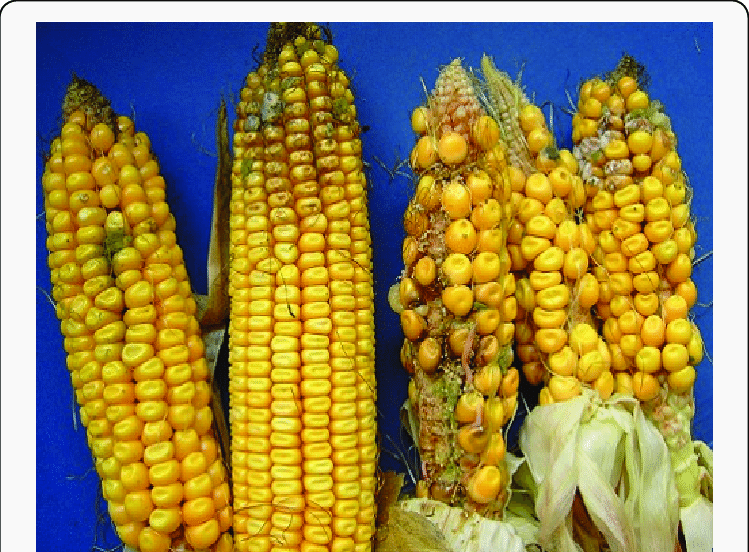LUSAKA, Zambia — Zambia’s Health Minister Elijah Muchima announced Tuesday that an “alarming number” of approximately 400 dogs have died over the past month after consuming contaminated maize, raising serious concerns about potential risks to human health.

Muchima revealed that about half of the 25 samples taken from milling companies contained dangerously high levels of aflatoxins, a poisonous substance produced by fungi. The World Health Organization (WHO) has linked aflatoxins to liver cancer in humans.
“These test results are of great concern due to the several health implications for [the] population,” Muchima said during a press briefing. Maize is a staple food in Zambia, providing about 60% of the population’s daily calorie intake, according to the U.S. Department of Agriculture.
The investigation into the nation’s maize supply was prompted by a report from Diamond TV, a Zambian broadcaster, which uncovered dozens of dog deaths from aflatoxin poisoning. Authorities subsequently sampled products from 10 milling companies that produce both maize-based dog food and maize meal for human consumption.

While no human deaths have been reported, sources at the Zambia National Public Health Institute say they are currently assessing the potential impact on the general public. The health ministry has recalled “affected batches” of maize meal and issued seizure notices to implicated companies, though specific brands were not named.
Muchima attributed the heightened aflatoxin levels to climate change and the recent drought that affected much of southern Africa. An estimated one million subsistence farmers in Zambia experienced crop damage, leading to critically low maize supplies.

The crisis has sparked public concern and political debate. Sunday Chanda, an opposition member of parliament, shared on social media platform X: “I’m a victim too. I lost over 6 big dogs over a period of 1 week. Listen, the bad [maize] meal is still out there being consumed!”
Andrew Chintala, president of the Millers Association of Zambia, stated that the industry is working to resolve the issue and ensure public safety. “We are still investigating the source of this contaminated grain and have heightened our surveillance of the product on the market,” Chintala said, noting that this is the first time the country has experienced such high aflatoxin levels.
The government has expanded surveillance efforts nationwide and increased sampling to address the crisis. However, the lack of specific information about affected brands has led to public frustration, with some Zambians demanding more transparency about the products they are feeding their families.
A bbc story



